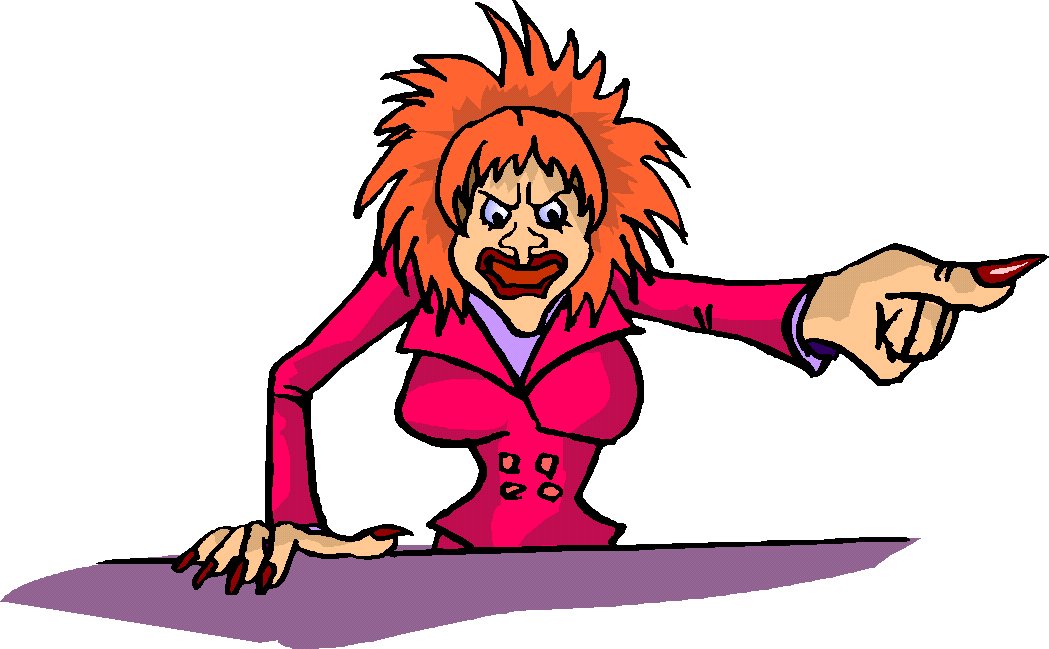 Anyone
can write a bill, including non-citizens
Anyone
can write a bill, including non-citizens
THE POLITICAL POTAT0 TOUR
The Parties and Politics
The American government system is really very simple. Here's how it works:
There's a House of Representatives, often referred to as 'the house'. This is a group of people elected every 2 years by members of each state. States have a given number of representatives in the house dependent upon their population.
There's also a senate. The senate is a group of 100 people, 2 senators from every state. They are also elected every 2 years.
How the system works is a law is written, at this stage, it's called a bill. It is often written by politicians already in office.
 Anyone
can write a bill, including non-citizens
Anyone
can write a bill, including non-citizens
This Bill is sent to the house of representatives after being approved by a number of committees. All the representatives read through it, they debate it, they revise it how they see fit. Then they vote on it. If the majority votes against it, the bill is gone and won't become law. However, if it's passed, then it goes to the senate, where they vote on it. The senate does the same thing...debates, revisions...then they vote. If they pass it, then it's sent right to the president of the United States's desk where he/she will sign it and it becomes a law.
Debates can become quite gritty
You will often hear about the democrats controlling the house, or the republicans controlling the senate. This means that one party or another has a majority of people in either the house or the senate. This is important to know. If someone writes a bill about an issue that implements law that is very right, and the house is controlled by republicans (aka right wingers aka conservatives) then it will zip right through to the senate. If the senate too is controlled by the republicans, then the bill will quickly become law.
If you know who controls what, then you can have a pretty good idea of what laws will pass, what won't and what will generally be happening with the country.
It's important to note that the president is not obligated to sign a bill into law, he can veto it. This often happens when the House and Senate are controlled by one party while the president is a member of another party. When a president vetos a law it must go through a more rigorous process in the House and Senate, if it gets passed again through this much tougher process, then it becomes law.
So you can see that if the house, the senate and the president
were all of the same party affiliation then a lot of bills would be becoming
laws very easily. However, if it is a mix of control, then the process
is much slower (this is usually the case).